48v 51.2V 150ah lithium iron phosphate lifepo4 golf cart battery
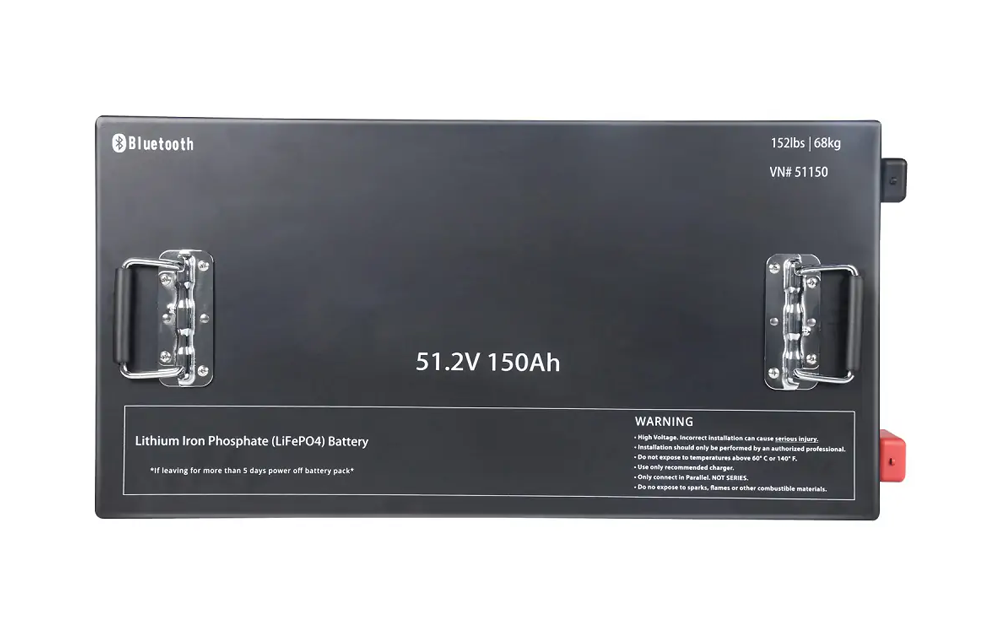
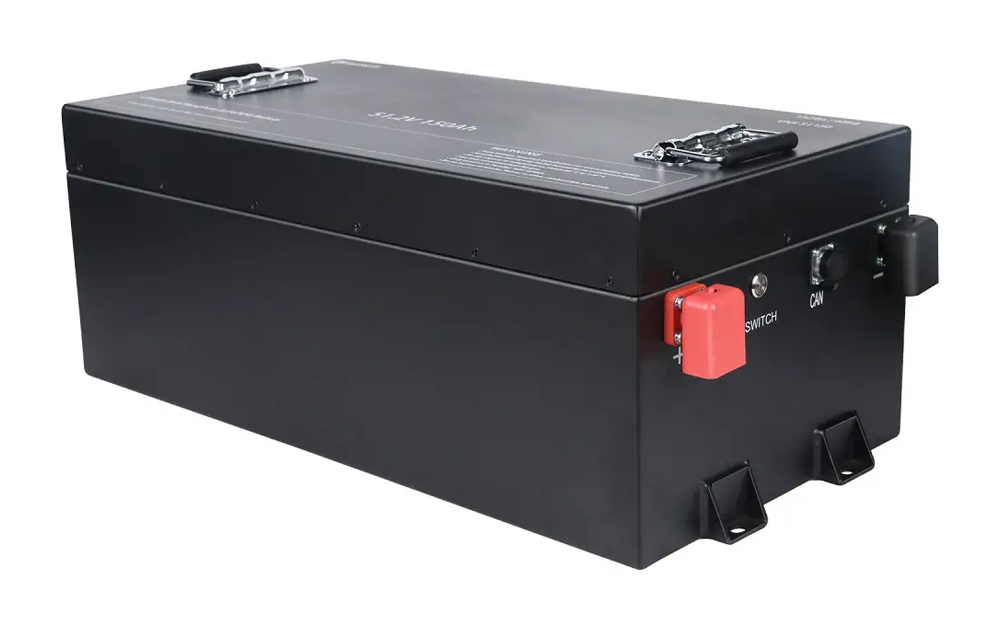
Features
- PET is able to bear 850kg, avoid bulging
- CCS vehicle-grade craft,integrated wires
- Support RS485/CAN/Bluetooth etc
- 3-4mm metal plates at both side
- Reserve 1mm width for potential bulging
- Distributed sampling system to solve sampling impedance problem
Specifications
|
Item
|
Rated Performance
|
|
Cell Model
|
16S1P
|
|
Communication Function
|
CAN / RS485/ Bluetooth APP
|
|
Way to work
|
Use alone or in parallel
|
|
Rated Capacity
|
Typical 150Ah
|
|
Nominal voltage
|
51.2V
|
|
Discharge cut-off voltage
|
44.8V
|
|
Charging voltage
|
58.4V
|
|
Internal resistance, AC Impedance, 1KHz
|
≤8mΩ
|
|
Standard charge current
|
0.5CA
|
|
Standard discharge current
|
1CA
|
|
Fast Charge
|
1CA
|
|
Fast Discharge
|
200A
|
|
Maximum Continuous Charge Current
|
1CA
|
|
Maximum Continuous Discharge Current
|
200A
|
|
Discharge Pulse Current
|
300A, ęé60S
|
|
Operation Temperature Range
|
Charge: 0~55íŠ, Discharge: -20~65íŠ
|
|
Weight
|
Approx:71Kg
|
|
Dimension
|
675(H)*325(W)262.5(T)±5mm
|
|
Ingress Protection
|
IP65
|
|
Cycle life
|
3000cycles @80%DOD, 0.5C, 23±2íŠ
|
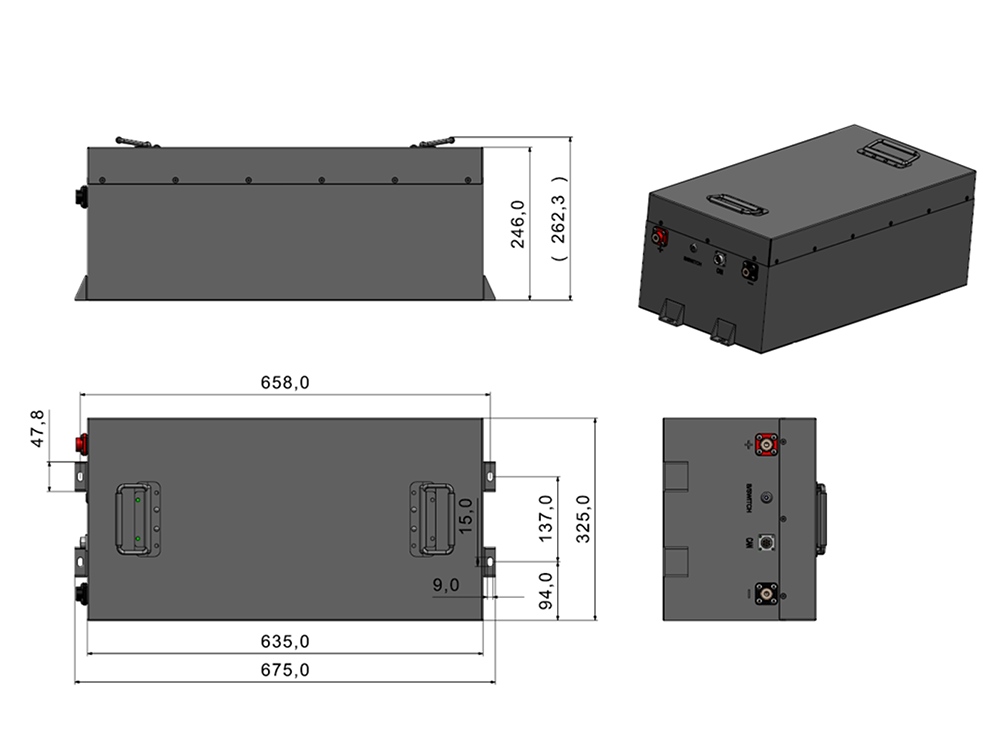
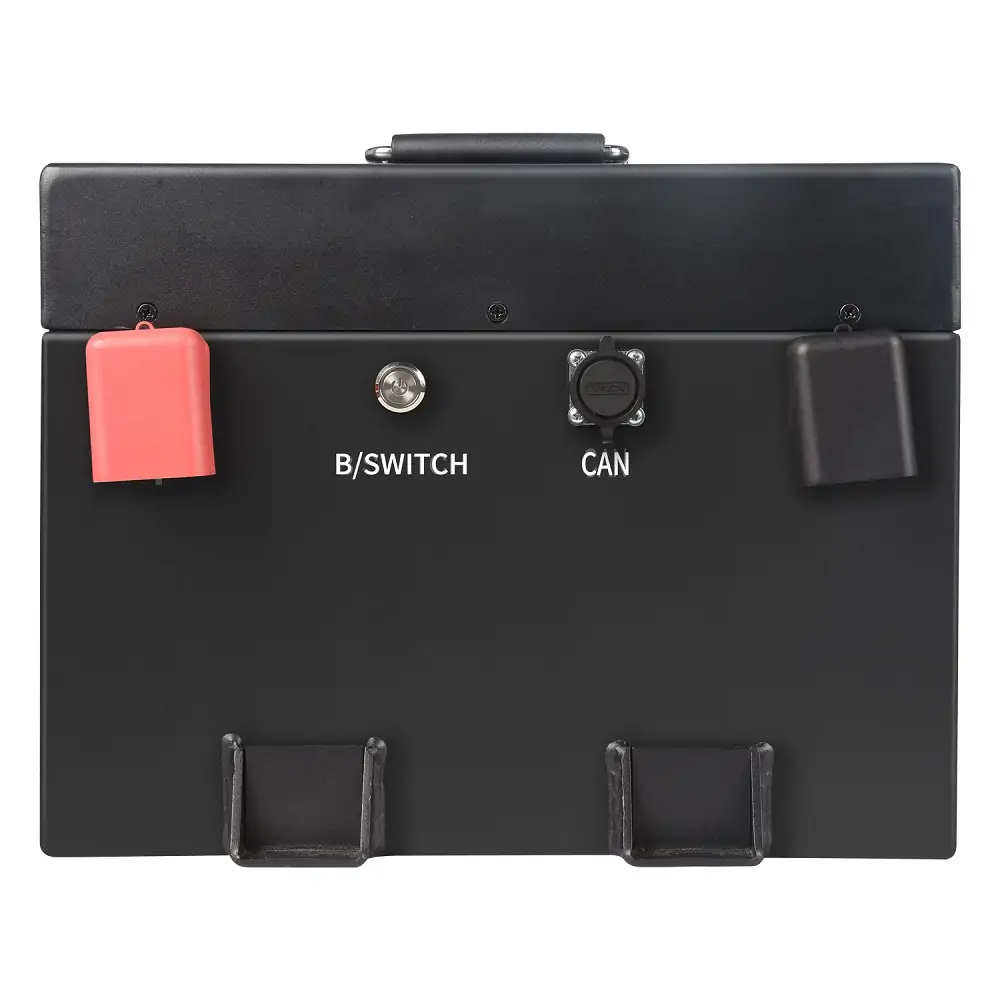
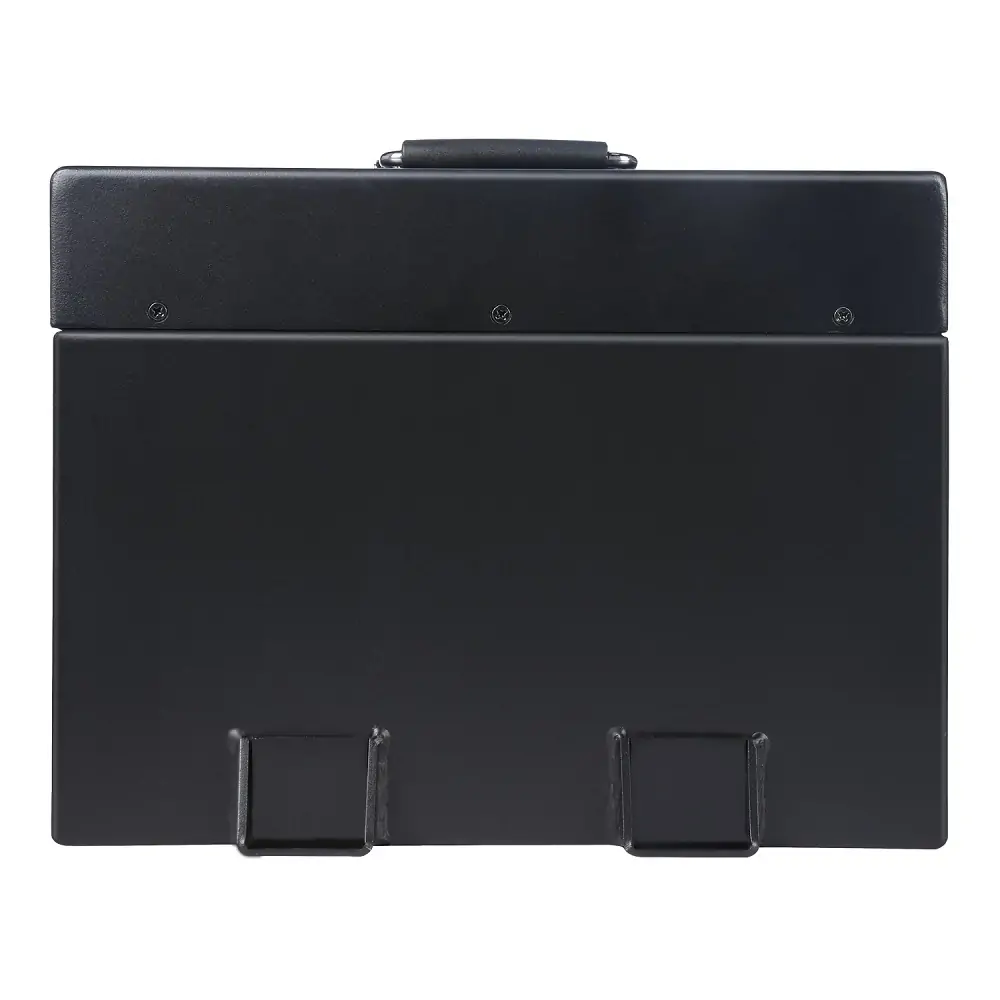
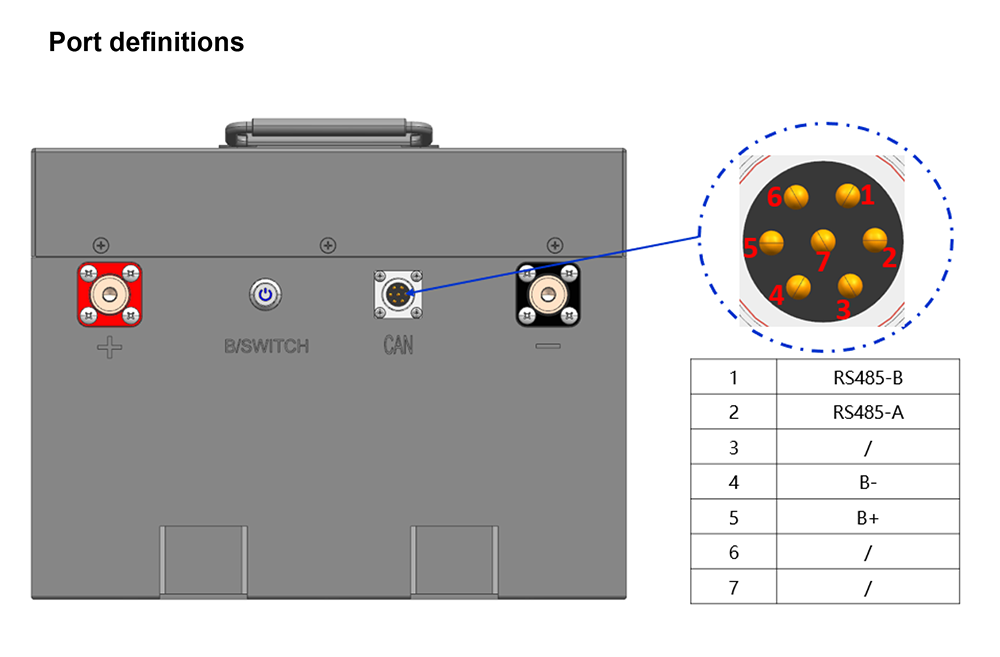
Battery Precautions and Safety Instructions:
To ensure proper use of the battery please read the instructions carefully before using it.
Handling
- Do not expose or dispose the battery in fire.
- Do not put the battery in a charger or equipment with wrong terminals connected.
- Avoid battery short circuit.
- Avoid excessive physical shock or vibration.
- Do not disassemble or deform the battery.
- Do not immerse in water.
- Do not use the battery mixed with other brand, type or model.
- Keep out of the reach of children.
Charge
- Battery must be charged in appropriate charger only.
- Never use a modified or damaged charger.
- Do not leave battery in charger over 24 hours.
- Charging current: Don’t surpass the highest charge current as stated in this specification sheet.
- Charging voltage: Don’t surpass the highest charge voltage as stated in this specification sheet.
- Charge temperature: The battery must be charged in the ambient temperature range as stated in this specification sheet.
- Charge the battery via constant current first and then via constant voltage, no reverse charge. If the positive electrode and the cathode mixed, the battery can be damaged.
- Store the battery after it's charged. The battery should be recharged/re-discharged every 3 months.
Discharge
- The discharge current shouldn’t surpass the highest discharge current as stated in this
- specification sheet. If surpass, the battery may be damaged and it can result in hot battery which is risk.
- Discharge temperature range: The discharge must be done in the ambient temperature range as stated in this specification sheet.
- Over-discharge: A short-time over-discharge will not affect the use of the battery, but long-time will do. If the battery is not used for a long time, the performance will get poorer. It should be recharged and re-discharged fully several times before it's recovered.







